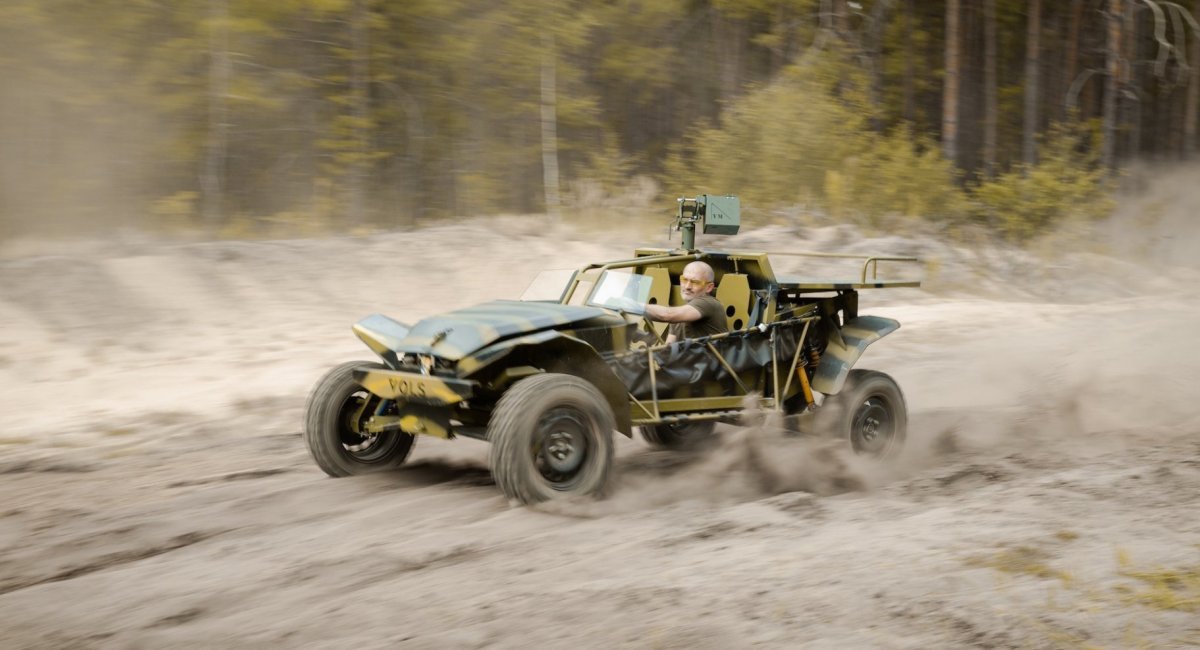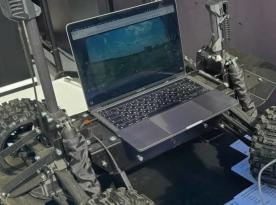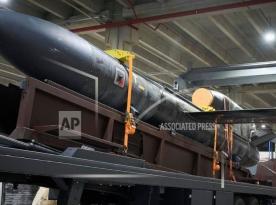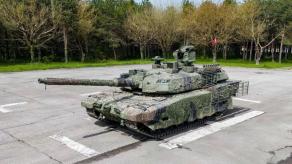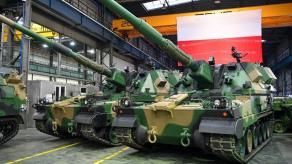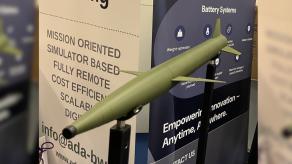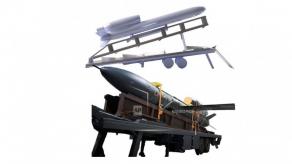The company states it can deliver several hundred vehicles per month if sufficient orders are placed. This initiative directly addresses frontline requirements for a versatile, cost-effective platform for logistical missions.
According to Defense, the original design was developed by Ukrainian engineer Volodymyr Sadyk. Over the course of three and a half years, he supplied vehicles to the front and continuously upgraded them based on combat experience.
Read more: Why Ukrainian Armor Turned a 60mm Mine into the UB60D FPV Drone and How It Improves Combat Readiness
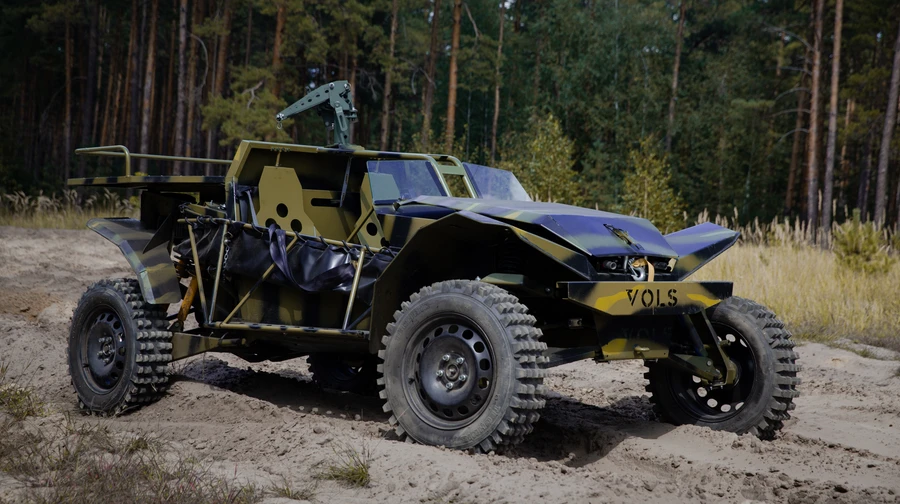
The latest version of the VOLS was then selected for large-scale production at Ukrainian Armor's facilities. The designer transferred the technical documentation, while the company committed to establishing mass production and completing codification.
As Defense Express notes, this is a clear example of a "garage defense industry" project, refined in combat, gaining the opportunity to scale up with the support of one of the country's largest defense manufacturers. It highlights effective cooperation between industry and small-scale innovators.
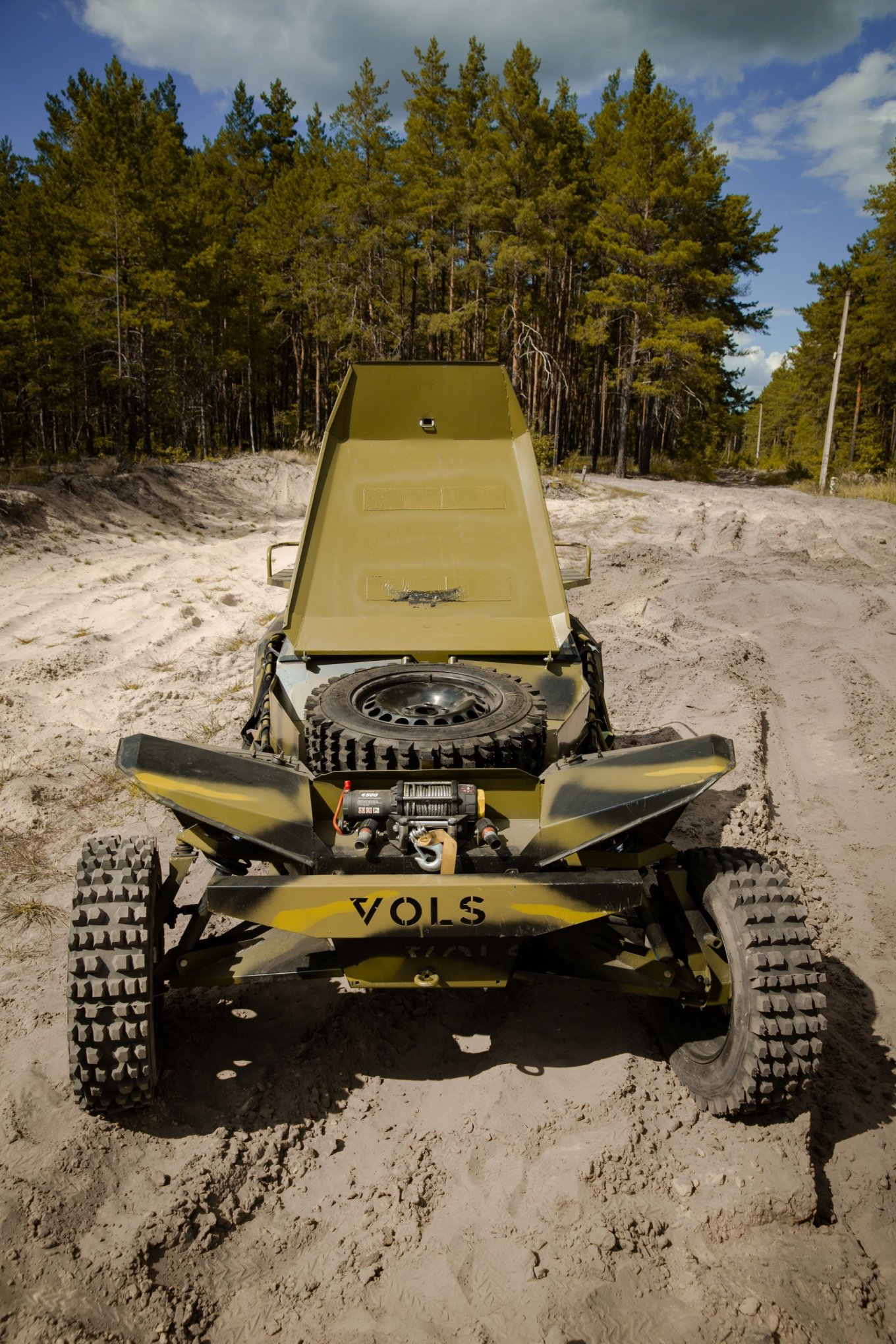
In terms of specifications, the VOLS features a ground clearance of 38 cm, while the vehicle's height is only 1.4 m. This ensures excellent off-road capability during fast, aggressive driving through forest belts or rough terrain.
A key focus was placed on achieving maximum suspension travel. Combined with rear-wheel drive, this allows the vehicle to cut through forest strips without concern for bushes, pits, small trees, or stumps—especially at high speeds.
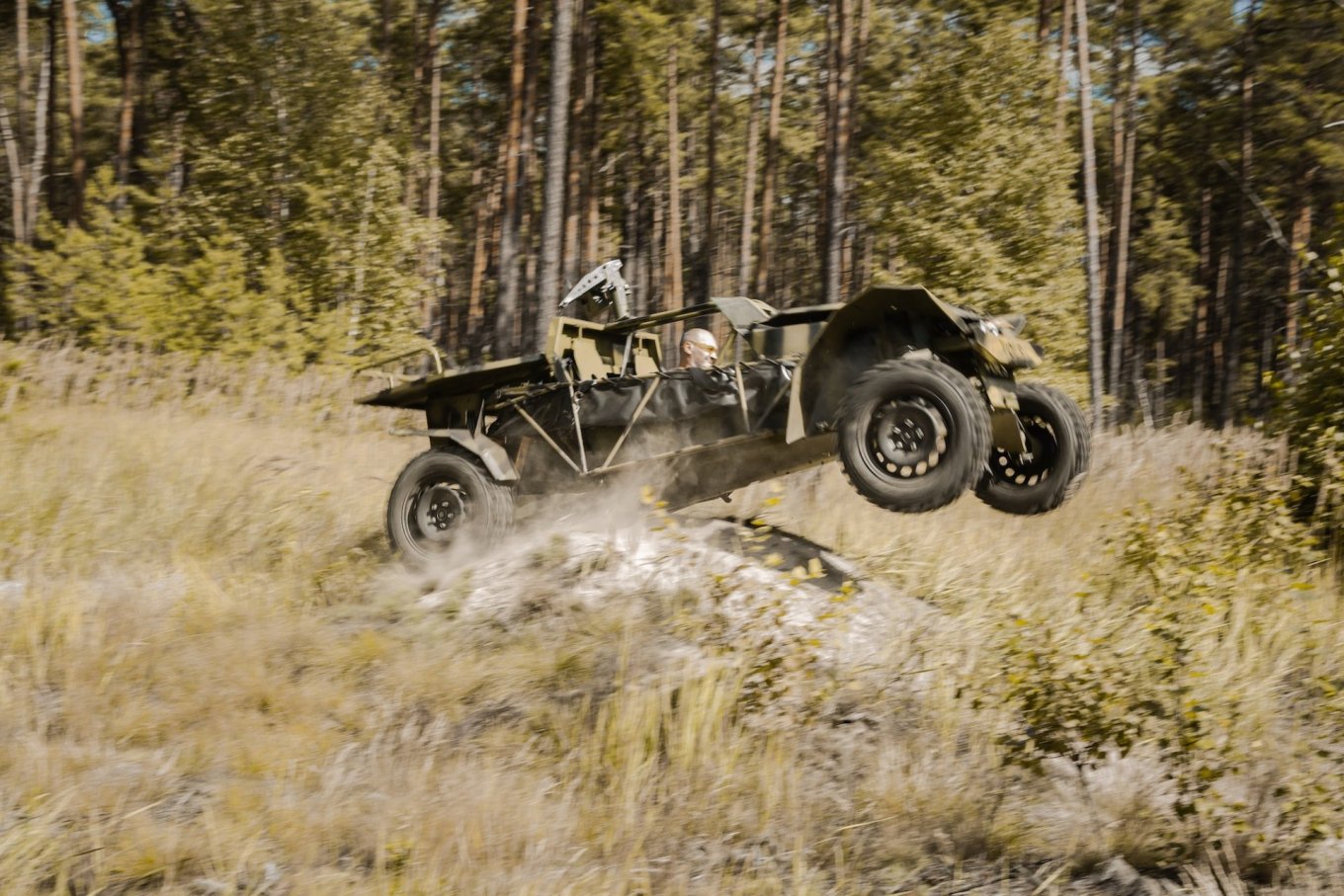
As for the engine, the prototype was fitted with a 1.9-liter Volkswagen Golf turbodiesel rated at 115 horsepower. However, for serial production, a French-made 1.5-liter Renault K9K was selected.
The VOLS offers a combat range of more than 300 kilometers, enabled by a 38-liter fuel tank. Fuel consumption ranges between 6 and 12 liters per 100 km, depending on whether the vehicle is driven on roads or across rough terrain.
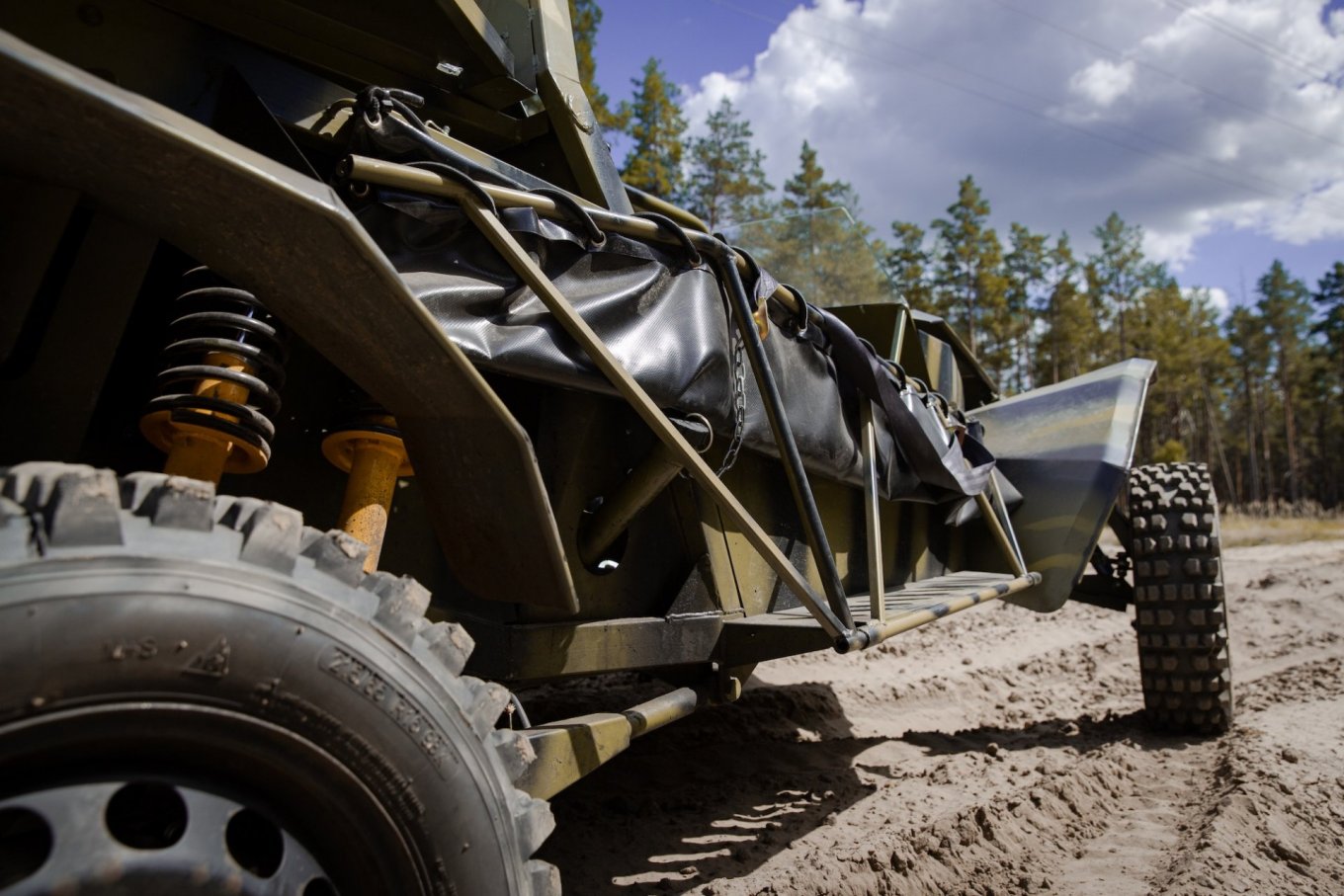
A notable feature is the inclusion of foldable medical stretchers with a shock-absorbing effect. Mounted on the buggy's sides, they can be deployed in just one second. During evacuation, the wounded soldier is secured in a suspended position similar to a hammock, providing additional stabilization.
To streamline maintenance and minimize downtime, the VOLS is built with a modular architecture. The engine, radiator, control unit, cooling system, and gearbox are removed as a single block and replaced with a spare, while the damaged module is sent for repair.
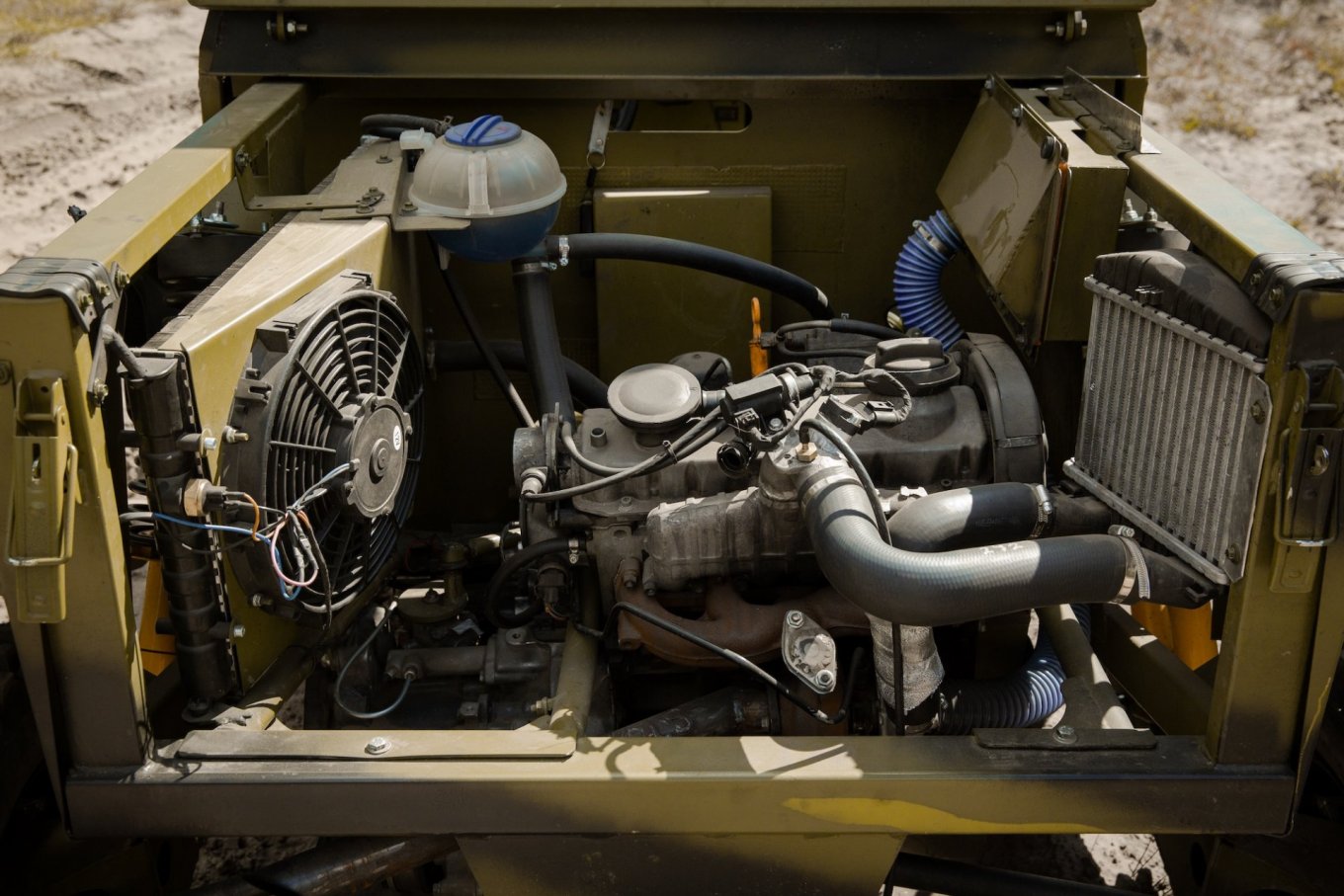
For protection against light fragments, the buggy is fitted with 2 mm steel plating behind the driver's head, back, and along the sides. The vehicle's design also makes it difficult to immobilize, complicating efforts to destroy it with loitering munitions or FPV drones.
According to Ukrainian Armor, the company has the capacity to produce several hundred VOLS vehicles per month if state contracts are secured. However, even this volume would not fully meet the needs of the Armed Forces.
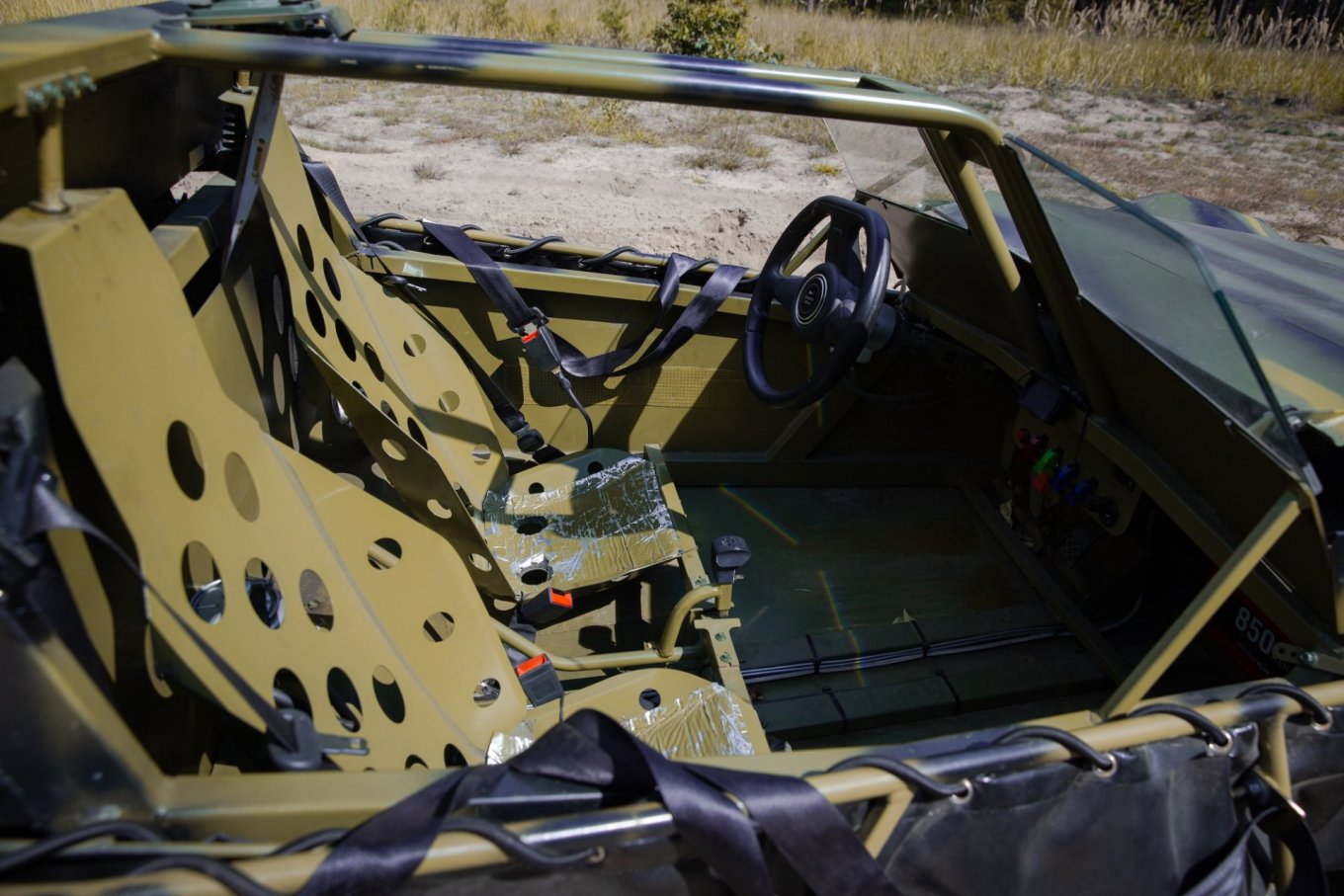
Company director Vladyslav Belbas stressed that the buggy is designed to be cheaper than a pickup truck while remaining fast and reliable. In addition to logistics and maneuver warfare, such vehicles are also seen as highly effective for raids behind enemy lines.
At the current stage, about half of the components for the VOLS will be sourced from Ukrainian suppliers, with the rest procured abroad. Components were deliberately chosen to minimize production costs. In the future, the manufacturer plans to introduce a hybrid power unit with an electric drive on one axle. This would not only provide a backup option in critical situations but also enable silent nighttime movement, enhancing survivability through stealth.
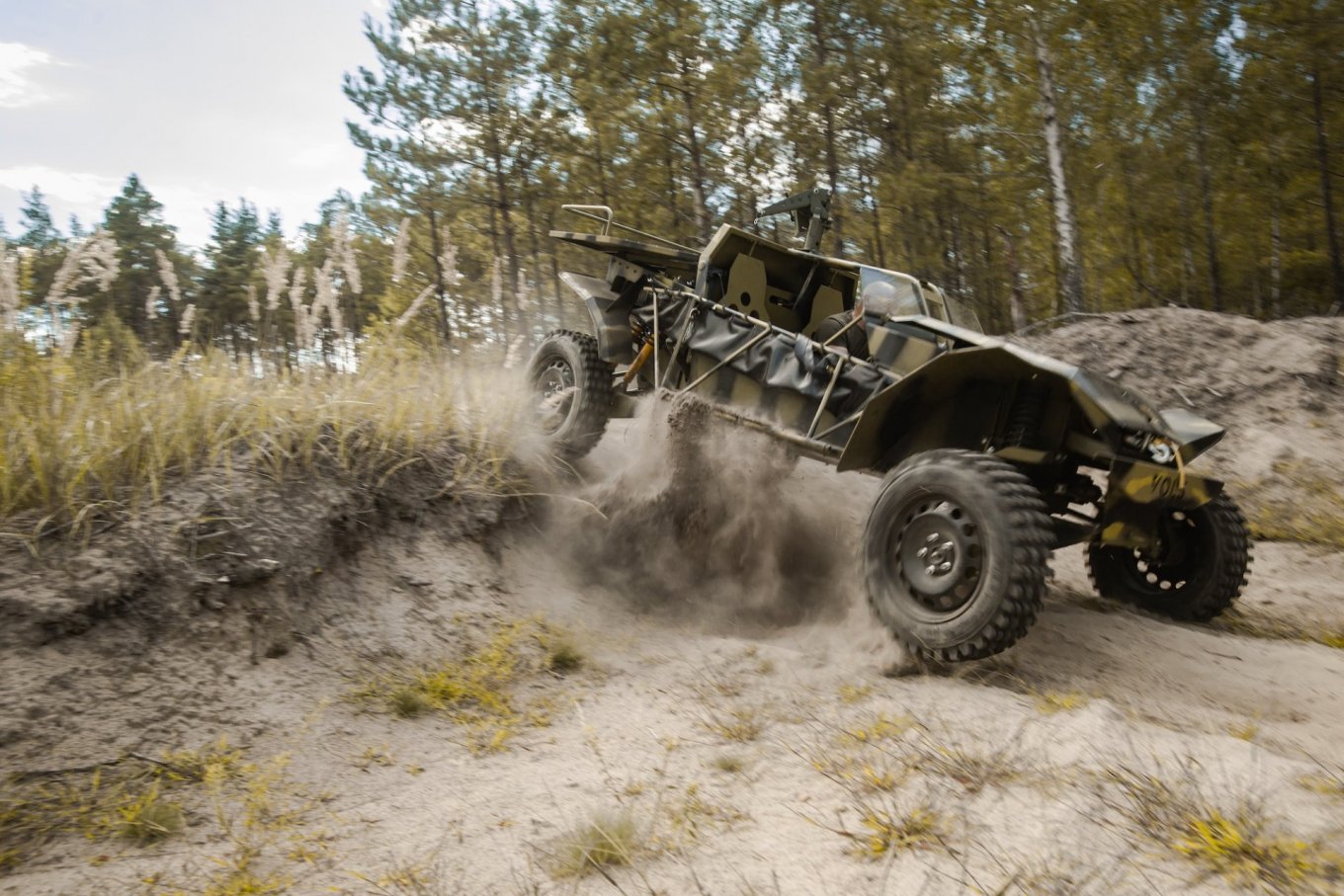
The demand for buggies has been evident since the first days of russia's full-scale invasion. While this need was previously met largely by volunteer initiatives and foreign aid, the emergence of a mass-produced domestic alternative is set to provide substantial support to Ukraine's Defense Forces.
Read more: Novator in Three Configurations: Ukrainian Armor Turns Military Vehicle into a Versatile Multi-Role Platform




